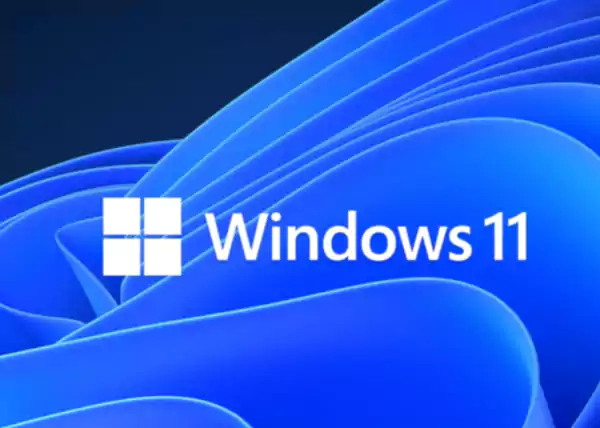
It was firmly restated by Microsoft this week that the users of Windows 10 will not be able to upgrade to Windows 11 unless they have TPM 2.0 on their devices, labelling it as a ‘non-negotiable’ condition. TPM 2.0 or Trusted Platform Module 2.0 is a specialized processor which is found on modern computers and it delivers hardware-based security features to the users.
The processor acts as a secure element used to store sensitive information like security credentials and encryption keys. Microsoft in June 2021 made the the declaration that TPM 2.0 is a mandatory requirement for users if they wish to install or upgrade to Windows 11. The emphasis was on the fact that it boosts the resilience of the system against tampering and advanced cyber threats.
Despite the declaration, Windows users opted to use several tools, methods and scripts to bypass this requirement, though there is no guarantee that Windows 11 will function smoothly in future without a TPM.
Senior product manager, Steven Hosking, in an article which was released on Tuesday, described TPM 2.0 as a standard or requirement which cannot be discussed and is essential for the future of Windows. He explained how TPM 2.0 has the calibre to address growing security challenges through improved industry-standard cryptography and effortless collaboration with security features for Windows including Windows Hello for Business and Secure Boot.
Hosking in his statement made it crystal clear that TPM 2.0 is of great significance on Windows devices for data protection, strengthening identity and maintaining the integrity of the system for users.
The module is crucial in dealing with cyber threats which is why Microsoft is focusing on its installament on Windows 11 and urging the users not to disable TPM checks at all to keep their sensitive data safe.
